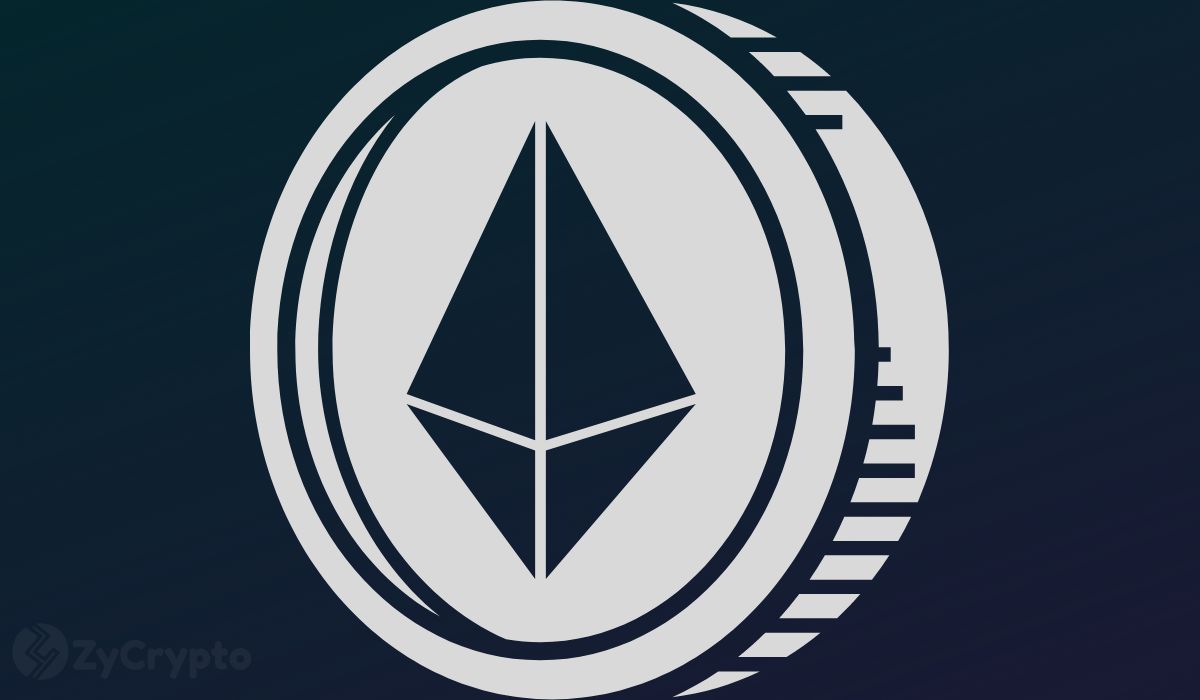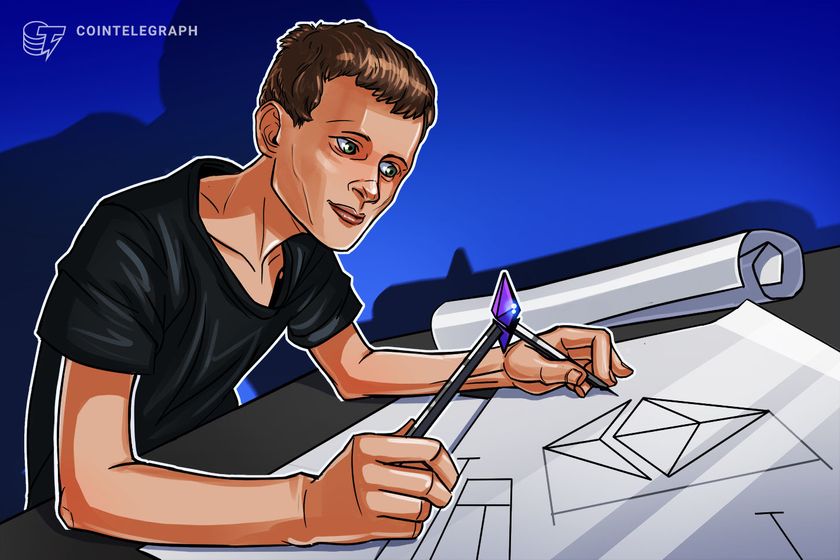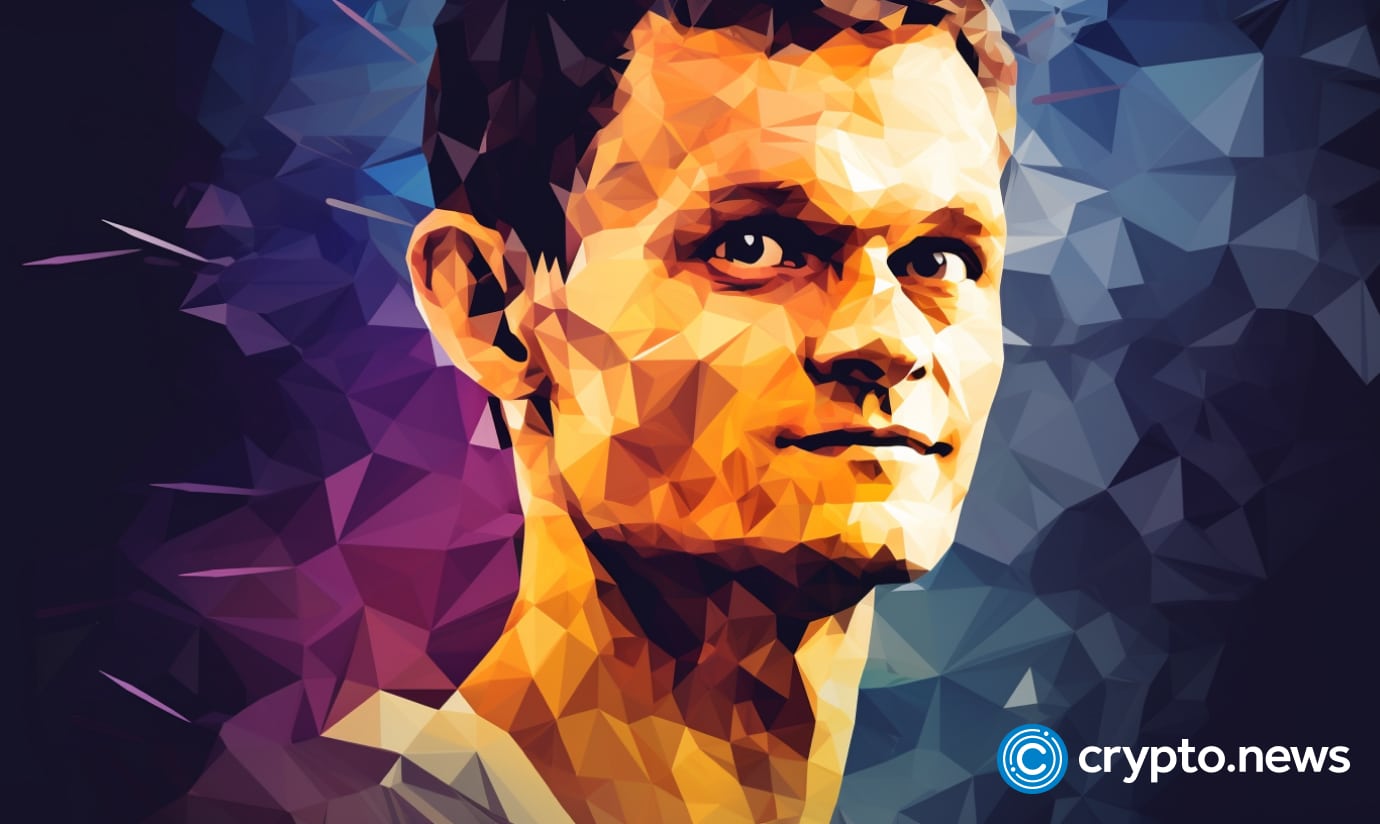2020-4-6 14:20 |
A man that has become almost synonymous with Ethereum, Vitalik Buterin is one of a handful of people that have been responsible for taking the crypto industry from niche forums and bringing it into the mainstream. We take a look at the often-cryptic figure behind the world’s second-largest cryptocurrency.
Early Life and Bitcoin BeginningsNow one of the pillars of a burgeoning industry, it’s hard to imagine what the crypto space would look like weren’t it for Vitalik Buterin.
Sometimes controversial, Buterin’s work within the Ethereum community and beyond is well worth knowing.
Born in the Russian city of Kolomna in 1994, Buterin is the son of a talented computer scientist Dmitri Buterin who took his family to Canada in 2000 in search of better employment. Once settled in Toronto, Buterin was quickly moved into a program for gifted children in his elementary school. This, he told a Wired reported back in 2016, had a profound impact on him.
“I remember knowing, for a while, for a long time, that I was kind of abnormal in some sense,” he said.
It wasn’t that his Russian roots made it hard for him to assimilate—Bitalik Buterin thrived at school, describing his time at the Abelard private school as the most interesting and productive years of his life. It was Buterin’s natural proclivity for mathematics and programming that made him stand out from the crowd.
He first learned about Bitcoin from his father in 2011, but said that he dismissed the idea of cryptocurrencies as they had no intrinsic value. However, once he came across Bitcoin the second time, the idea of a decentralized currency perfectly aligned with what he called “a dualistic worldview.”
The promise of putting control back in the hands of “the little guy” pushed Buterin to research Bitcoin even further, an effort that led him to become a contributing author on Bitcoin blogs. Each post earned him five BTC—a huge feat for a 17-year-old with not enough money or computing power to mine the new currency.
His articles caught the eye of Mihai Alisie, a Romanian Bitcoin enthusiast, who began an online correspondence that would later lead to the creation of Ethereum. In late 2011, when Bitalik Buterin was 17 and Alisie was 24, they co-founded Bitcoin Magazine, the first publication focusing solely on the crypto industry.
How Ethereum Came to BeLooking back, it’s easy to spot the turning point of both his private and professional life.
In May 2013, Buterin attended a Bitcoin conference in San Jose, California as a representative of Bitcoin Magazine.
Seeing such a huge number of people flocking around the same idea—that money and data could be decentralized—was enough to push him deeper into the crypto industry.
“That moment really crystallized it for me,” he told Wired. “It really convinced me that, hey, this thing’s real and it’s worth taking a risk and jumping into. So I did.”
Just weeks later, he dropped out of Waterloo College where he was studying computer science and began traveling to meet with other like-minded individuals that were keeping the industry alive. As it turned out, Buterin belonged to a group of people who saw that Bitcoin’s underlying technology could be used for much more than just recording transactions.
Shortly after Bitcoin began trading, people realized that a peer-to-peer network could be used to facilitate complex agreements between two parties and host applications built upon its code. However, most projects focusing on building blockchain 2.0, as it was often called then, were trying to add these functions on top of Bitcoin.
Buterin came up with the idea to write a completely new version of Bitcoin that came with a Turing-complete programming language. This way, the network could support an almost unlimited number of digital services straight out of the box.
He sketched out a whitepaper for his proposed network called Ethereum in November 2013 and sent it to 15 of his friends.
“When I came up with Ethereum, my first first thought was, okay this thing is too good to be true and I’m going to have five professional cryptographers raining down on me and telling me how stupid I am for not seeing a bunch of very obvious flaws,” he said.
Within two weeks, 30 people reached out to him to talk the idea over. Stephan Tual, a crypto enthusiast, Anthony Di Iorio, an entrepreneur, Joseph Lubin, an early Bitcoin investor, Gavin Wood, a programmer, and Charles Hoskinson, who would go on to create Cardano, were among the first to gather around Ethereum.
The small group would see its numbers drastically increase following the 2014 Bitcoin Miami conference, where Buterin first revealed Ethereum to the public. His speech was followed by a standing ovation and hundreds of investors and enthusiasts lining up to talk to him.
This, the Financial Post noted in a profile, cemented his status as the prophet of cryptocurrency’s next big thing.
However, building a project as ambitious as Ethereum would require a lot of money. To ensure they’d avoid attracting the U.S. Securities and Exchange Commission (SEC), the group of founders decided to hold an initial coin offering (ICO).
The crowdsale of Ether tokens raised more than 31,000 Bitcoins, worth around $18 million at the time.
While the team lost an exorbitant amount of money once Bitcoin’s price plummeted a few months after the crowdsale, the events cemented Buterin’s belief that Ethereum should be a non-profit organization.
This didn’t bode well with some of the other founders, mainly Di Iorio and Hoskinson, who both left the company in 2014 after a dramatic founders’ meeting in Switzerland.
Who Calls the Shots in a Decentralized Network?A staunch libertarian, Vitalik Buterin believes that the future of Ethereum lies in complete decentralization.
But, while he frequently asserts that Ethereum is not a for-profit entity and that its purpose is to facilitate a decentralized network, that’s not exactly the case in reality.
Following the dispute with other Ethereum founders, Buterin said that he realized that the fate of the project rested solely on his shoulders. “I realized I was the one who had the ability to make a decision,” he said. “I really felt like, ‘Oh my God, a lot of this is actually on me.’”
Whether he likes it or not, Buterin’s face and name are intrinsically woven into Ethereum. Exemplary of this was a 4Chan post which read, “Vitalik Buterin confirmed dead. Insiders unloading ETH.” Although false, Ether’s price tanked by more than 23% in a matter of minutes.
Any statements he makes regarding Ethereum or other projects running on it have the power to sway the market each way. In many ways, however, he has embraced this power.
Back in 2016, the then 22-year-old said that the powerful “have too much power.”
“I think a large part of the consequence is necessarily going to be disempowering some of these centralized players to some extent,” he said. “Because ultimately power is a zero sum game.”
Buterin’s extremely libertarian worldview seems to have mellowed through the years, as in 2018, he supported the creation of The Enterprise Ethereum Alliance (EEA).
The coalition consisted of more than two dozen major financial and technology companies, including JP Morgan, the CME Group, Intel, and Microsoft, that joined forces to create an enterprise-friendly Ethereum solution.
Vitalik Buterin, however, believes that servicing the needs of corporations doesn’t interfere with Ethereum’s primary benefit, which is to provide regular people with access to a broader financial market.
The post Who Is Vitalik Buterin, the Co-Creator of Ethereum? appeared first on Crypto Briefing.
origin »Bitcoin price in Telegram @btc_price_every_hour
Ethereum (ETH) на Currencies.ru
|
|








